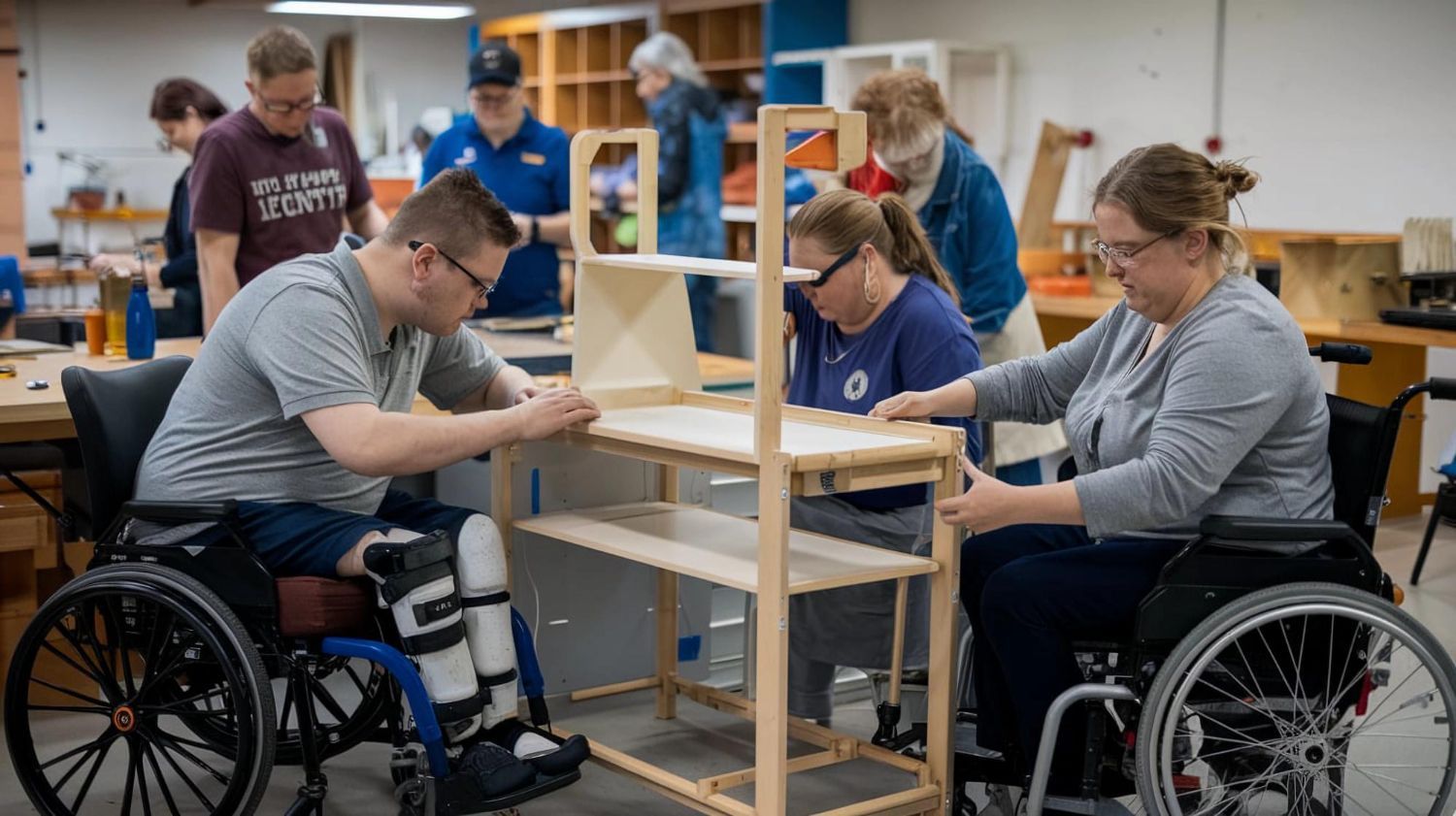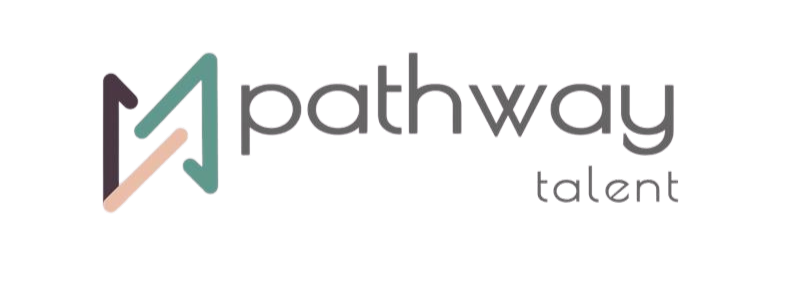Technology in NDIS care: how digital tools are improving support worker efficiency
The rise of technology in NDIS care
The National Disability Insurance Scheme (NDIS) has transformed disability support across Australia, and technology in NDIS care is playing an increasingly important role. Digital tools are helping support workers deliver more efficient, consistent, and person-centred care, while enabling providers to streamline operations and maintain high-quality standards.
From scheduling software to electronic care plans and communication apps, technology is reshaping how disability support services operate. Pathway Talent recognises the potential of these tools to empower support workers, improve participant outcomes, and strengthen the overall workforce.
Digital scheduling and rostering
One of the most significant ways technology enhances efficiency is through digital scheduling. For support workers, manually managing shifts and client appointments can be time-consuming and prone to errors.
Modern rostering platforms allow workers to:
- View and manage shifts in real time.
- Receive automatic notifications of schedule changes.
- Swap or cover shifts easily with colleagues.
For providers, digital scheduling reduces administrative burdens, ensures accurate allocation of resources, and minimises the risk of missed or overlapping appointments. This streamlining leads to better care delivery and improved worker satisfaction.
Electronic care plans and documentation
Accurate record-keeping is essential in disability support. Technology now enables support workers to access electronic care plans and update participant information digitally. Benefits include:
- Real-time access to participant needs, preferences, and medical information.
- Secure storage of sensitive data in compliance with privacy regulations.
- Reduced paperwork and administrative workload for staff.
Electronic care systems help support workers provide more personalised care while spending less time on manual documentation, improving both efficiency and quality of service.
Communication and collaboration tools
Effective communication is critical in disability support. Digital platforms, apps, and messaging tools allow teams to collaborate seamlessly, share updates, and coordinate care across multiple locations.
Support workers can:
- Communicate quickly with supervisors or team members.
- Access training resources or policy updates.
- Track participant progress and share observations with colleagues.
This level of connectivity ensures that care is consistent, responsive, and aligned with participant needs, even when staff are geographically dispersed.
Upskilling through digital learning
Technology also enables ongoing professional development. Online learning platforms, webinars, and digital certification programs allow support workers to upskill conveniently, enhancing their capabilities without disrupting their work schedules.
By integrating digital training into the workflow, providers can maintain a highly skilled workforce while boosting employee engagement and retention.
Benefits for participants and providers
The adoption of technology in NDIS care benefits not only support workers but also participants. Digital tools help:
- Ensure timely, consistent, and personalised support.
- Improve communication between participants, families, and providers.
- Enhance transparency and accountability in service delivery.
For providers, technology enables efficient operations, reduced administrative burden, and better workforce management, ultimately leading to higher service quality and participant satisfaction.
Overcoming challenges
While the benefits of digital tools are clear, implementation can pose challenges. Some support workers may be unfamiliar with new systems or hesitant to adopt technology. Providers need to:
- Offer training and ongoing support.
- Ensure platforms are user-friendly and accessible.
- Encourage a culture of adaptation and continuous improvement.
Pathway Talent assists providers by recommending technology solutions that are intuitive, effective, and tailored to the needs of the NDIS workforce.
Final thoughts
Technology in NDIS care is no longer optional — it is an essential component of modern disability support. Digital tools enhance efficiency, streamline communication, reduce administrative workload, and enable personalised care.
Pathway Talent helps providers and support workers embrace these technologies, ensuring that both staff and participants benefit. By combining human expertise with digital innovation, NDIS services can operate more efficiently, deliver higher-quality support, and create a sustainable, future-ready workforce.











